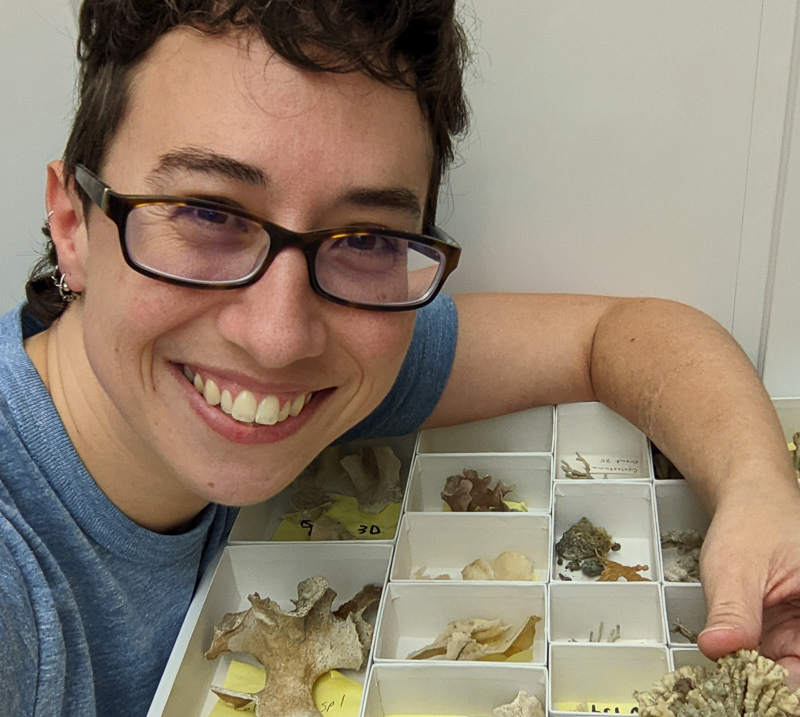
Megan I. McCuller, Collections Manager, Non-molluscan Invertebrates, North Carolina Museum of Natural Sciences
Marine biologists have long believed that coastal marine invertebrates are incapable of surviving in the open ocean for a lengthy period of time due to their relatively low productivity. However, studies of Japanese Tsunami Marine Debris washed ashore on the US West coast and plastic collected from the Great Pacific Garbage Patch show that coastal species can not only survive a multi-year trek across the Pacific, but also now appear to have established reproducing populations on floating debris. These findings suggest that what had historically limited coastal species in the open ocean may have been a lack of permanent non-biodegradable substrate, which is now plentiful and increasing in the form of a wide variety of plastic products.
Join us on YouTube!
Live Virtual Presentation hosted by NC Museum of Natural Sciences’ SECU Daily Planet Curator Chris Smith and the NC Department of Environmental Quality Office of Environmental Education and Public Affairs staff.
You can post questions in the YouTube chat or tweet questions to #LunchTimeDiscovery and mention @NorthCarolinaEE.
Brought to you by the NC DEQ Office of Environmental Education and Public Affairs and the NC Museum of Natural Sciences.


